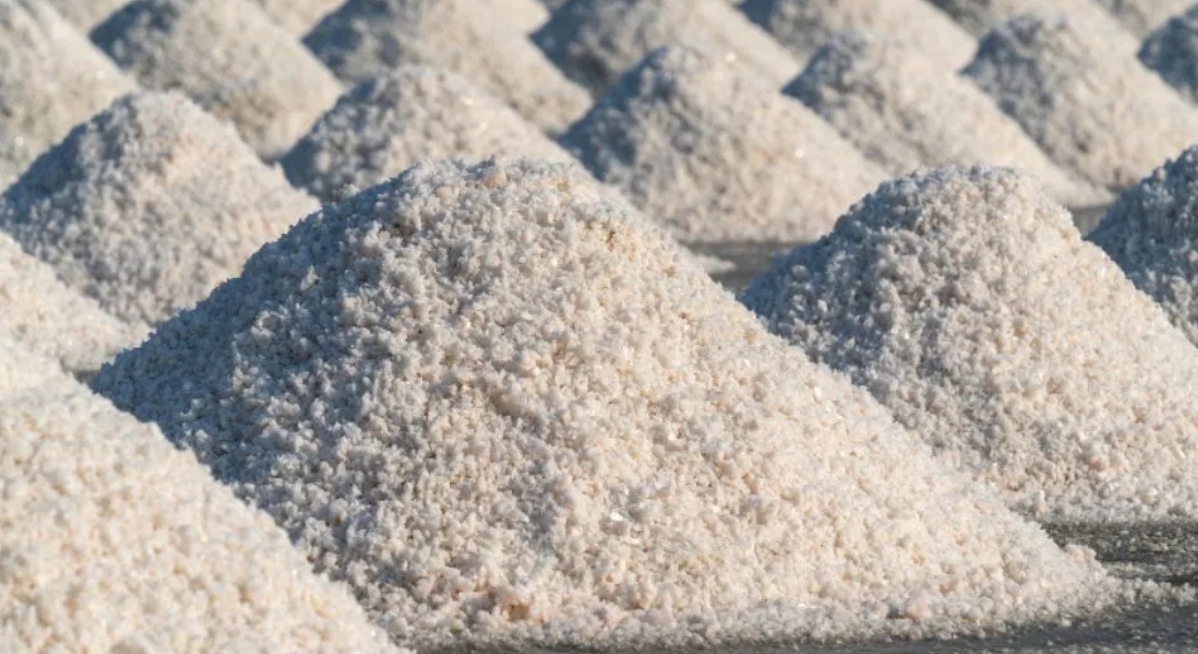What Are the Most Refractory Materials?
Feb 10, 2025Refractory materials are essential in industries that require equipment and structures to withstand extreme temperatures without degrading or losing functionality. These materials are used in high-temperature environments such as furnaces, kilns, reactors, and incinerators. Their main role is to maintain their strength, shape, and thermal stability under harsh conditions. In this article, we will discuss some of the most common and widely used refractory materials, highlighting their properties and applications.
Alumina is one of the most well-known and commonly used refractory materials. It is a highly durable ceramic material made from aluminum oxide (Al₂O₃) and is used in various high-temperature applications due to its excellent thermal stability and resistance to chemical corrosion. Alumina refractories are widely used in furnaces, kilns, and ladles in the steel industry.
Alumina is favored in industries such as metal production, ceramics, and glass manufacturing.
Silica, or silicon dioxide (SiO₂), is another commonly used refractory material, especially for applications involving high temperatures. Silica bricks are often used for lining the walls of furnaces and kilns, as they have excellent thermal shock resistance and can withstand high heat. They are especially useful in applications that involve high-temperature gases, such as in power plants.
Silica refractories are commonly found in the glass, cement, and power generation industries.
Magnesia (MgO) is one of the most heat-resistant materials available, with a melting point of about 2,800°C. It is used in various applications requiring extreme heat resistance, particularly in the steel industry. Magnesite refractories are used for lining furnaces and for applications where the material is exposed to molten metals and slag.
Magnesia refractories are essential in the production of steel, non-ferrous metals, and in industrial processes involving molten metals.
Zirconia, or zirconium dioxide (ZrO₂), is a highly durable refractory material known for its exceptional resistance to heat and thermal shock. It also exhibits outstanding mechanical strength and is commonly used in applications requiring both high temperature and high-pressure conditions.
Zirconia refractories are typically used in the aerospace, glass, and ceramics industries, where high-temperature performance is critical.
Carbon-based refractories are known for their ability to withstand high temperatures and their resistance to chemical attack, particularly in the presence of molten metals and slags. These materials include graphite and carbon bricks, which are often used in furnaces, electric arc furnaces, and other high-temperature environments.
Carbon refractories are frequently used in the steelmaking industry and other applications where molten metals or chemicals are present.
Fireclay is an alumino-silicate material made primarily from kaolin clay. It is one of the oldest and most commonly used refractory materials due to its excellent resistance to high temperatures and thermal shock. Fireclay refractories are ideal for use in less extreme applications than those requiring magnesia or zirconia.
Fireclay refractories are widely used in kilns, furnaces, and fireboxes in industries such as cement, glass, and petrochemical production.
Bauxite is a naturally occurring ore that is a major source of alumina. Refractories made from bauxite are used in environments where resistance to high temperatures, chemical attack, and thermal shock is essential. These materials are used in applications such as blast furnaces and kilns.
Bauxite-based refractories are used in the production of iron and steel and other high-temperature industries.
The most refractory materials, such as alumina, silica, magnesia, zirconia, carbon-based refractories, fireclay, and bauxite-based refractories, are crucial in industrial applications that involve extreme temperatures, molten materials, and high mechanical stresses. These materials are designed to withstand severe conditions and to ensure the smooth operation of furnaces, kilns, and other equipment used in industries such as steel, cement, power generation, and glass manufacturing.
At DYSen, we provide a wide range of high-quality refractory materials tailored to meet the demanding needs of various industries. With our comprehensive supply chain network and commitment to excellence, we ensure that your factory or industrial operation performs efficiently, even under the harshest conditions.